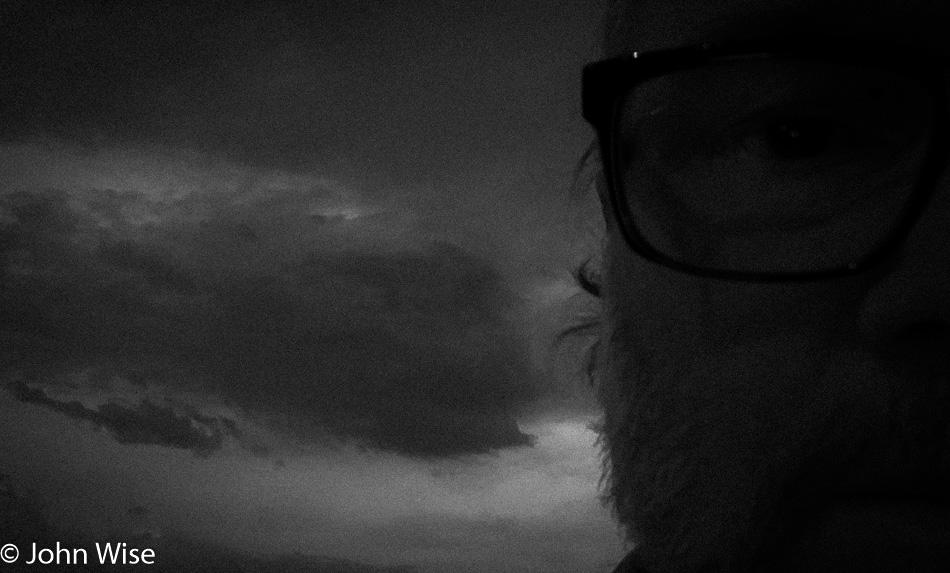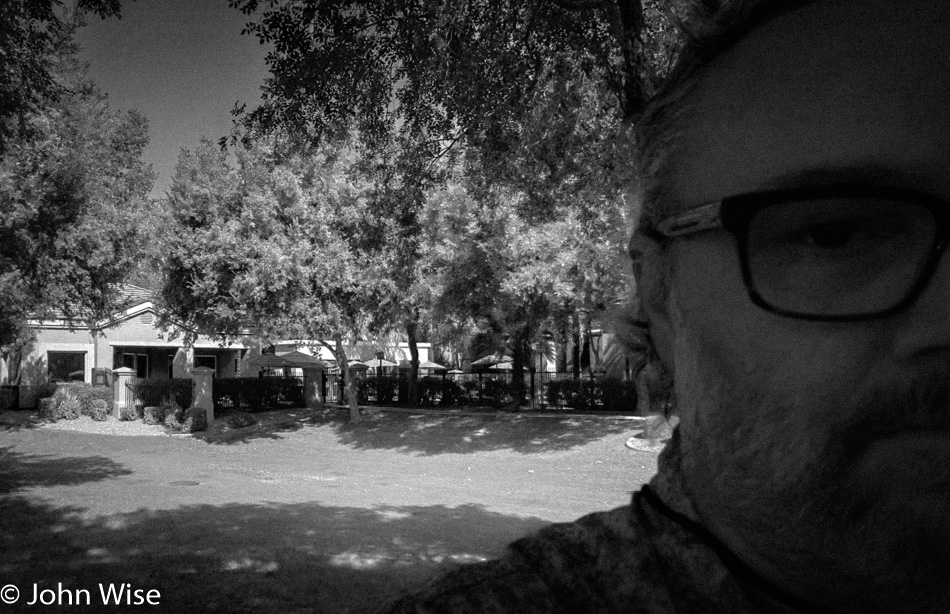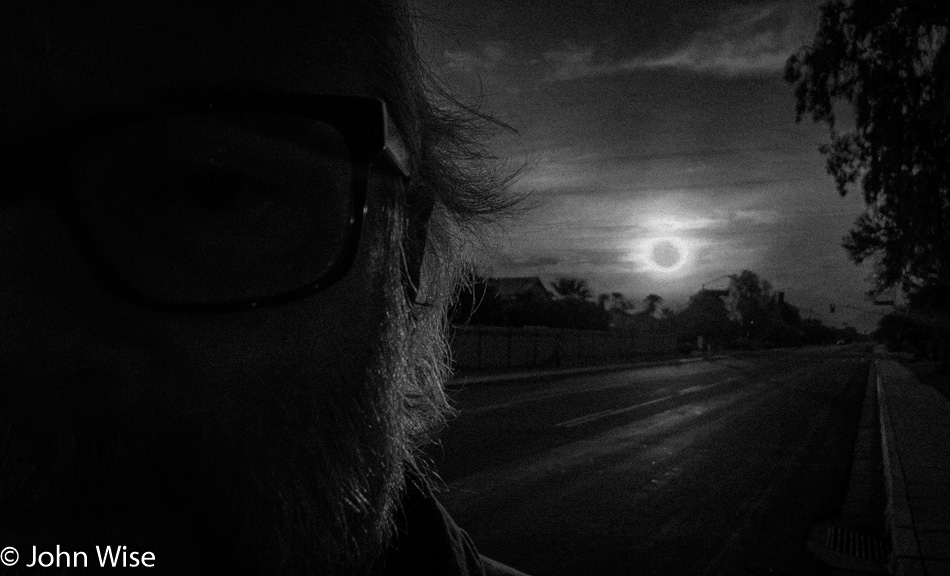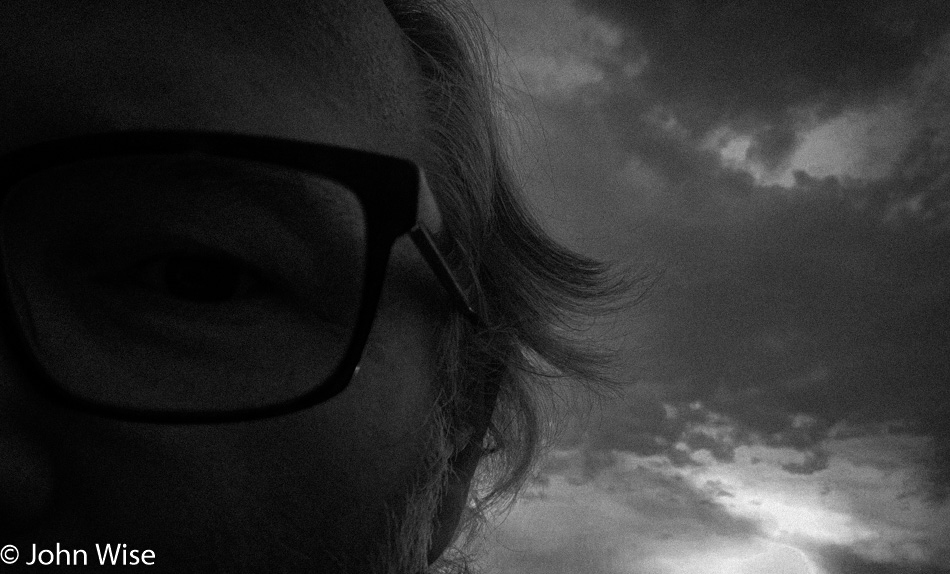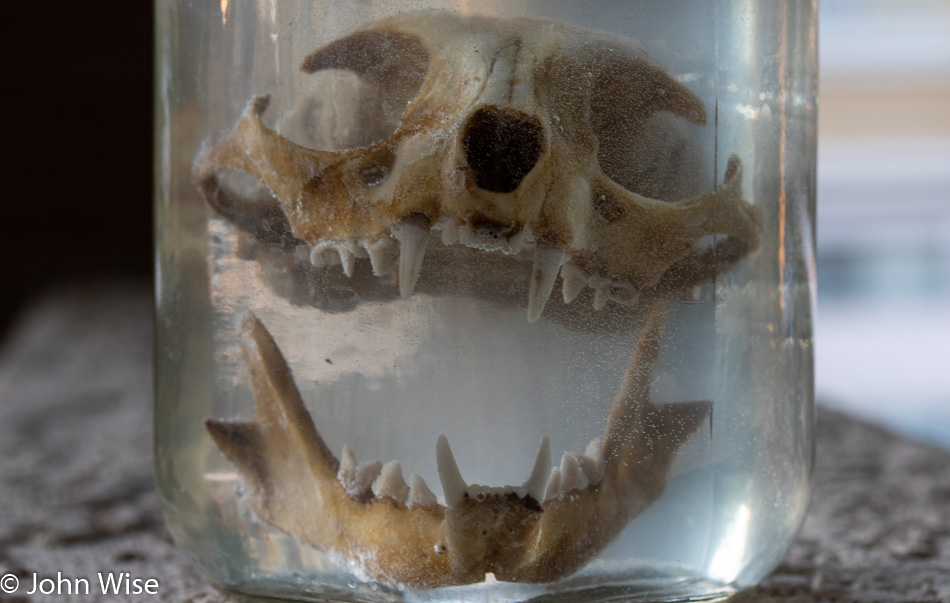
I could tell you how many days we’ve been in self-isolation, but by now, I should stop counting the days and let you know that this is on the verge of becoming a lifestyle. I’m not going to share an update about the number of infected and those who’ve died, as the absurd numbers are numbing and rapidly becoming meaningless while the disease spreads like a California wildfire. If I lament our lack of political leadership, I’m singing a song that long ago played out as its earworm nature rarely leaves my mind. Sickness and decay are our new normal.
Talking about COVID-19 starts to feel like telling you that if you visit the Phoenix, Arizona, area in August, it’ll be hot. I live in the desert southwest, where it is hot without fail every summer. I live in a country where we get sick and die every day. Should death and illness ever become worthy of influence, America will be a world leader, and a great many people will emulate your amazing success story of leading people to an early grave or at least a host of potentially life-crippling issues.
Instead, I’ll share that we are finally ready to go somewhere and spend a couple of nights away from home. We’ll be staying at a small hotel that is otherwise closed but is making an exception for us as they enjoyed our company during our visit back in January. Our plan has us bringing an ice chest to help minimize our need to find food while out in some very rural areas, though we’ll certainly be stopping at both Guayo’s El Rey in Miami and La Paloma in Solomon, Arizona for some to-go Mexican food. On the way, the plan is to finally visit Mt. Graham, which is one of the few places in Arizona we’ve never visited, and the day after that; we’ll drive over to Gila Cliff Dwellings National Monument out in the middle of nowhere in New Mexico. It’s been 17 years since we last visited these cliff dwellings, and our memories suggest that the drive is a beautiful one, though a long and twisting path will be ahead of us. Once we get out for this first big adventure, I’ll be sure to share our impressions along the way.
In trying to plan this outing, I was considering heading north to Mexican Hat, Utah, but our favorite under-the-stars joint in the shadow of Valley of the Gods that played home to the swinging steak has ceased their cooking, the grill has gone cold, and will not be returning. While the lodge is still in business they were counting on fully 85% of their customers coming from Europe as Americans no longer have any interest in the Old West, so they are hanging on by a shoestring. I’ve got to admit that the steaks were not the best in so many ways, but on the other hand, they were the best steaks ever because sitting under the Milky Way looking out at the silhouettes of Valley of the Gods and Monument Valley just beyond that while someone played guitar and sang folk songs made everything perfect. While I’m happy that we have solid memories from our many visits, I’m also struck by the tragedy of seeing such an iconic little business fade into the background.
We’re quickly approaching the end of summer, and last night saw our second monsoon blow in, only our second one! We’ve broken some records for consecutive hot days, while over in Death Valley, a record was achieved for the hottest day ever; well, at least for as long as we’ve been keeping records of such things. America learned what a derecho is, which Wikipedia describes as “A widespread, long-lived, straight-line wind storm that is associated with a fast-moving group of severe thunderstorms known as a mesoscale convective system and potentially rivaling hurricanic and tornadic forces.” California is once again on fire and doesn’t have enough electricity to keep people’s air-conditioners and refrigerators on. The U.S. Postal Service is flirting with failure, and our universities and various schools are realizing they likely have to remain closed to in-person learning.
We know that Joe Biden chose Kamala Harris as his running mate, and with some amount of anticipation, I tuned in for the Democratic Convention and found myself disappointed that things were banal and non-committal in so many ways to my ears. It was as though they were offering a thinly veiled “Make America Great Again” message. We needed to hear about solutions, aspirations, and ambitions to create the future, not drag us back to some mythical place where we were supposedly better. We need a Chaplin/Lincoln/Roosevelt/Kennedy-esque kind of leader who can inspire, heal, lead, and help reinvent a broken America. Of course, if you are stupidly wealthy, we are in the greatest of times, and everything would be relatively perfect if it weren’t for the radical leftists. We are an unfolding tragedy.
There is no silver lining on the horizon, but I shouldn’t have much to complain about as we are healthy, relatively happy, well-fed, entertained, often inspired, and certainly busy. I’ve never been one to be mindless about the future, and I can’t turn off my concern now, so instead of finding solace in turning off the outside world, it only makes its dismal self larger than ever. I want some air of optimism that this country I was born in will not forget the lesson that we’ve always had to venture out to find and create a better future.
